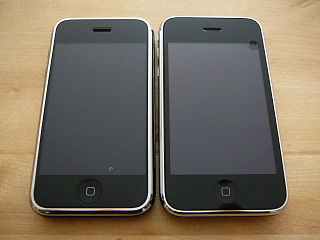 A consumer Apple iPhone class-action antitrust lawsuit (read it below) accuses the Cupertino, California, company of conspiring to monopolize early iPhone purchasers’ voice and data plans by locking them into exclusivity contracts with AT&T Mobility, in violation of federal antitrust law.
A consumer Apple iPhone class-action antitrust lawsuit (read it below) accuses the Cupertino, California, company of conspiring to monopolize early iPhone purchasers’ voice and data plans by locking them into exclusivity contracts with AT&T Mobility, in violation of federal antitrust law.
The proposed class of plaintiffs includes consumers who bought iPhones between October 19, 2008, and February 3, 2011. This corresponds to the period of time when Apple sold three versions of the company’s iPhone: the original, 3G, and 3Gs models.
The plaintiffs are asking for a permanent injunction prohibiting Apple from selling locked iPhones that can be be used only with AT&T Mobility SIM cards, unless consumers get adequate disclosure before their purchase, and an order requiring Apple to give an unlock code to any iPhone customer who wants one.
Plaintiffs Zack Ward and Thomas Buchar also seek an unspecified amount of treble damages against Apple under federal law, in addition to attorneys fees. Apple is the sole defendant in the lawsuit; neither AT&T Mobility, nor any related business units at the telecom was named a party.
The suit alleges that Ward and Buchard each wanted to switch their iPhone plans from AT&T to a different, competing telecom provider. Buchar also contends that by locking iPhone customers’ SIM cards when traveling outside the U.S., he was unable “to switch his iPhone service to a local voice and data service provider while roaming.”
The lawsuit chastises AT&T for unlocking SIM cards on other phones it sells, like Blackberry and Samsung devices, and claims that “[t]here is but one exception: the iPhone,” citing a five-year exclusivity agreement between Apple and AT&T Mobility.
This case has a quite a few hurdles to overcome, however.
 Apple must pay more than $368 million in damages to VirnetX Inc. according to a jury verdict returned in federal court yesterday (see it below). The same day the verdict was reached, VirnetX and Science Applications International Corporation (SAIC) filed a new patent lawsuit against Apple.
Apple must pay more than $368 million in damages to VirnetX Inc. according to a jury verdict returned in federal court yesterday (see it below). The same day the verdict was reached, VirnetX and Science Applications International Corporation (SAIC) filed a new patent lawsuit against Apple.

 Yesterday, WhitServe LLC
Yesterday, WhitServe LLC  Apple was hit with a patent infringement
Apple was hit with a patent infringement  A consumer
A consumer 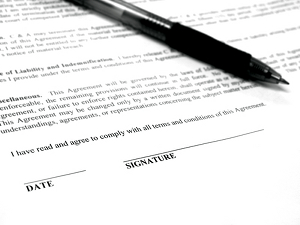 Yesterday Facebook and Mark Zuckerberg scored a huge win against Paul Ceglia, the plaintiff claiming 50% ownership of the social media company, but whose allegations the defendants have consistently maintained are based upon a fraudulent work for hire document.
Yesterday Facebook and Mark Zuckerberg scored a huge win against Paul Ceglia, the plaintiff claiming 50% ownership of the social media company, but whose allegations the defendants have consistently maintained are based upon a fraudulent work for hire document.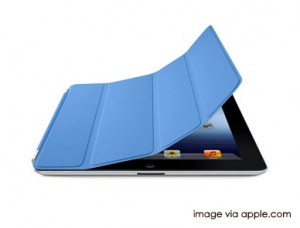 Jerald Bovino, the holder of a U.S. Patent (
Jerald Bovino, the holder of a U.S. Patent (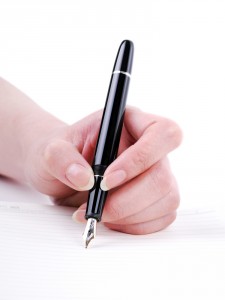 Montblanc, the German maker of fabled fountain pens and other luxury goods sued Google for help in unmasking the identities of alleged counterfeiters running
Montblanc, the German maker of fabled fountain pens and other luxury goods sued Google for help in unmasking the identities of alleged counterfeiters running 
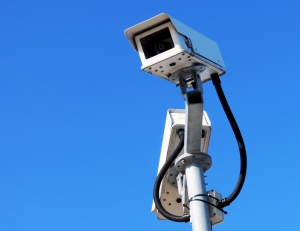 Carrier IQ, a mobile phone software and data analytics company that gives telecoms business intelligence on connections, dropped calls and user behavior was hit with at least eleven consumer
Carrier IQ, a mobile phone software and data analytics company that gives telecoms business intelligence on connections, dropped calls and user behavior was hit with at least eleven consumer